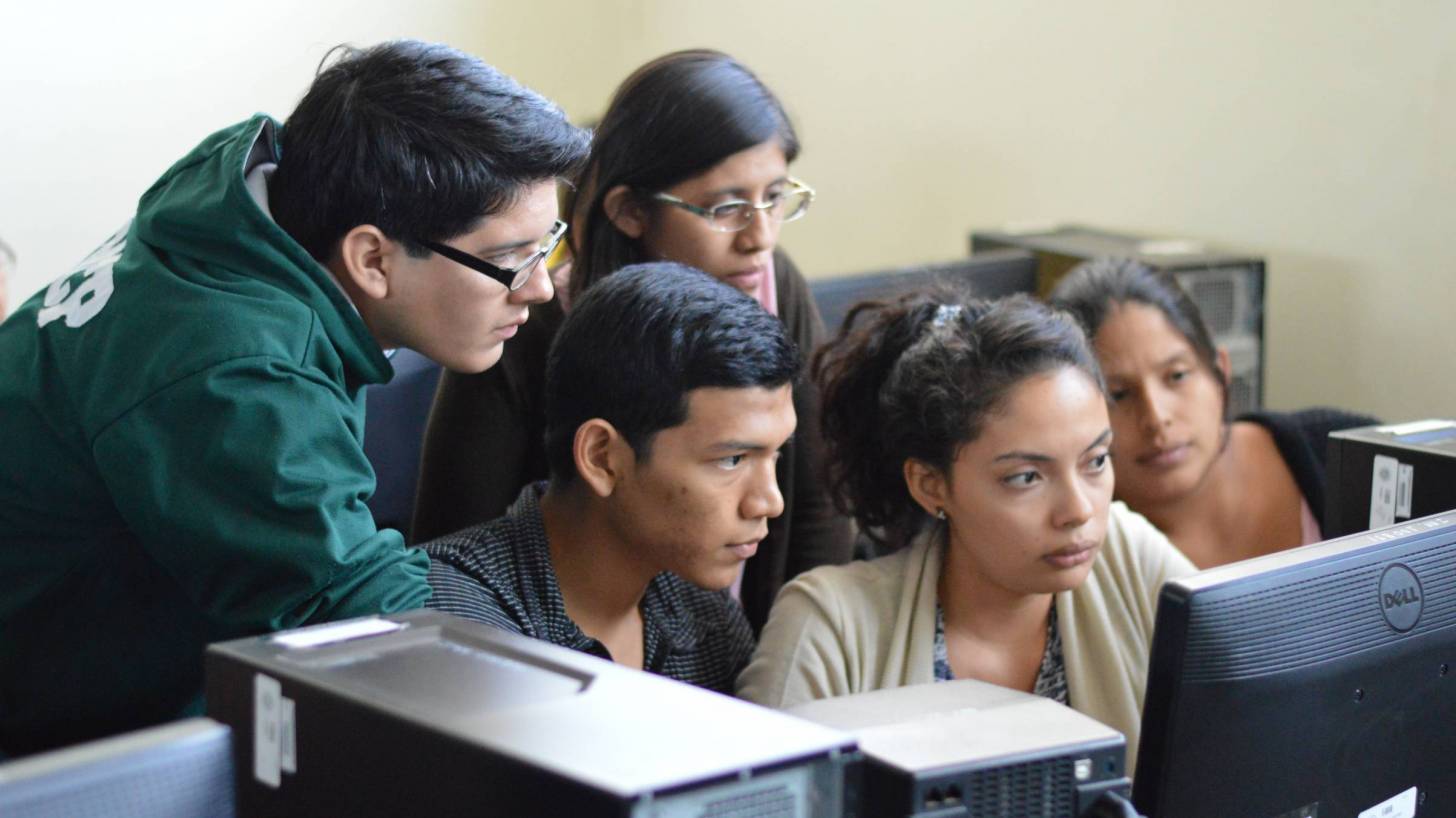College Students Are 3.5 Times More At Risk for MenB Disease

A new analysis essentially confirms long-standing fears about college-related infectious disease vulnerabilities, such as meningitis B.
These investigators found that students who were aged 18 to 24 were 3.5 times more likely to contract meningitis B (MenB) than their peers who were not in school.
This is important news since ‘one-third of meningitis infections occur among young Americans aged 16 to 23’, says the Centers for Disease Control and Prevention (CDC).
The CDC reported during 2016, there was a total of about 370 cases of all forms of meningococcal disease across all age groups in the United States.
Additionally, this study found vaccination could help protect both the 10 to 15 percent of meningitis B patients who ultimately die from their infection.
This analysis published in the January issue of the journal Pediatrics, says ‘the bacteria that leads to meningitis B lives in the nose and throat and can be spread by close contact from coughing, sneezing or kissing.’
The research team, led by Dr. Sarah Mbaeyi from the CDC's National Center for Immunization and Respiratory Diseases, said the finding highlights the ‘urgent need to ensure that all students get vaccinated against the disease before they head off to a university.’
"Meningitis B is an uncommon, but a potentially deadly bacterial infection that leads to inflammation of the lining of the brain and spinal cord," explained Dr. Robert Glatter, an emergency physician with Lenox Hill Hospital in New York City, NY.
A meningitis B infection "also may lead to meningococcal sepsis, or bacteria invading the bloodstream," added Dr. Glatter, who was not part of the study.
"The combination of these factors can make it lethal in less than 24 hours,” Dr. Glatter explained.
That thought was seconded by Dr. Lucila Marquez, an assistant professor of pediatrics in the section of pediatric infectious diseases at Baylor College of Medicine and Texas Children's Hospital, in Houston, Texas.
Dr. Marquez said that "college freshmen living in residence halls were previously known to have an increased risk for other forms of the meningococcal disease."
When the meningitis B vaccine first became available in 2015, college students were not recognized as a high-risk group and not recommended for routine vaccination.
“It is important for college attendees to be vaccinated because vaccination is the only reliable means of preventing devastating meningococcal disease," said Dr. Marquez, who co-authored an editorial that accompanied the study.
During their investigation, these researchers identified 166 cases of some form of the meningococcal disease (including B, C and Y infections) between 2014 and 2016 among Americans aged 18 to 24. Of those, 83 were college students.
Among the student group, more than three-quarters of the infections were meningitis B. This compared with less than 40 percent of the meningitis cases cited among non-college patients.
However, "the reality is that we need to better inform parents and health care providers about the importance of vaccinating college students against this potentially deadly illness," said Dr. Glatter.
A previous study published during August 2018 found a majority of 660 physicians were not discussing meningococcal serogroup B vaccine during routine 16- to 18-year-old visits.
A leading issue identified in this study associated with not recommending the MenB vaccine by these physicians was the fact that the MenB vaccines, Bexsero and Trumenba, were given a Category B, as opposed to a Category A, recommendation by the CDC.
Additionally, this study found significant knowledge gaps exist regarding the MenB disease and the MenB vaccine, which appears to be a major driver of physician decisions not to discuss the vaccine with patients.
And, this study found many physicians, especially FPs, responded “I don’t know” to questions about factors influencing their likelihood of recommending the MenB vaccine.
And on December 21, 2018, new research indicated that the meningococcal B vaccine Bexero may offer cross-protection against gonorrhea.
This research found there is a high level of sequence identity between MeNZB OMV and Bexsero OMV antigens, and gonococcal proteins in test rabbits.
This study’s conclusion said 'the anti-gonococcal antibodies induced by MeNZB-like OMV proteins could explain the previously seen decrease in gonococcal cases following MeNZB vaccination.'
Vaccination appointment for MenB and other vaccines can be scheduled at local pharmacies, at this website.
Vaccine discounts can be researched on this page.
Vaccines can cause side effects and should be reported to the CDC.
Our Trust Standards: Medical Advisory Committee



















